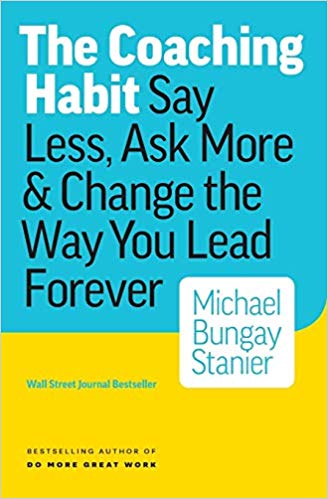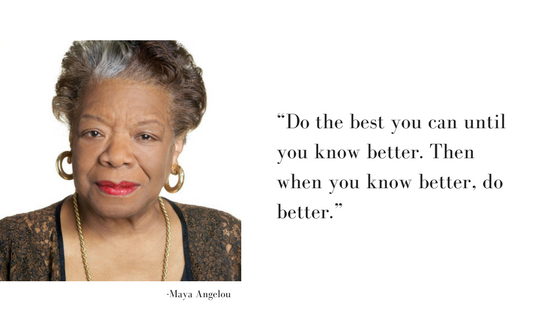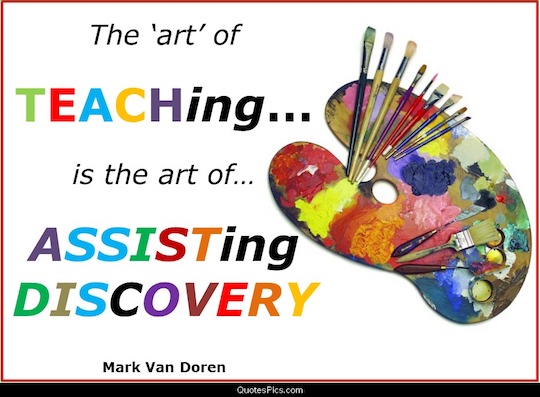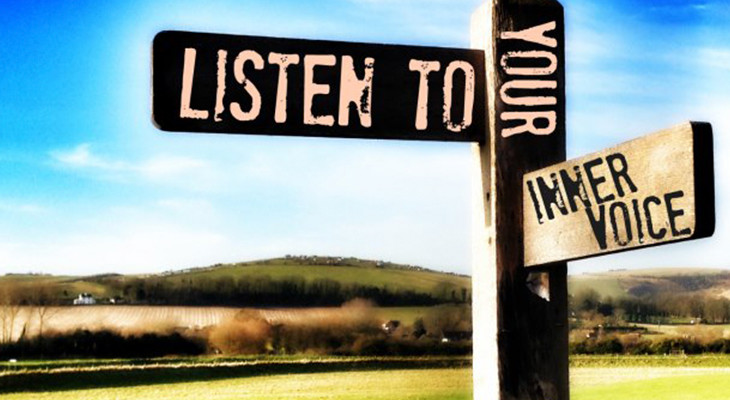“There are many ways of going forward, but only one way of standing still.”
—Franklin D. Roosevelt, 32nd President of the United States
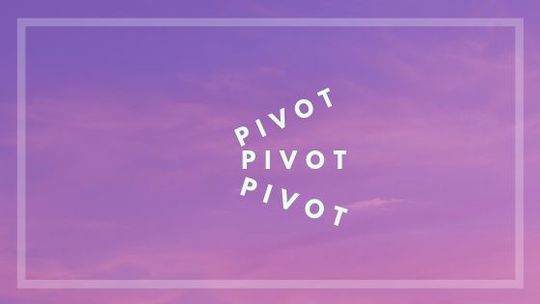
Image created in Canva
As part of my customized Personal Excellence Training — which sets the stage for the majority of coaching engagements — I introduce a self-coaching tool called “The Pivot Point.”
This technique uses the concept of “creative tension” described by Robert Fritz in his book, The Path of Least Resistance.
Essentially, the pivot point involves asking yourself — or perhaps a group — these three questions:
- What is the current reality?
- What is the vision or goal?
- What actions can and will I/we take to move forward?
The leverage of our vision provides the impetus to move forward, and creates the opportunity to better our situation.
EXERCISE:
Select at least one personal or professional front-burner issue or project to try out the Pivot Point technique. Please consider replying to this post to let me know how things go.


